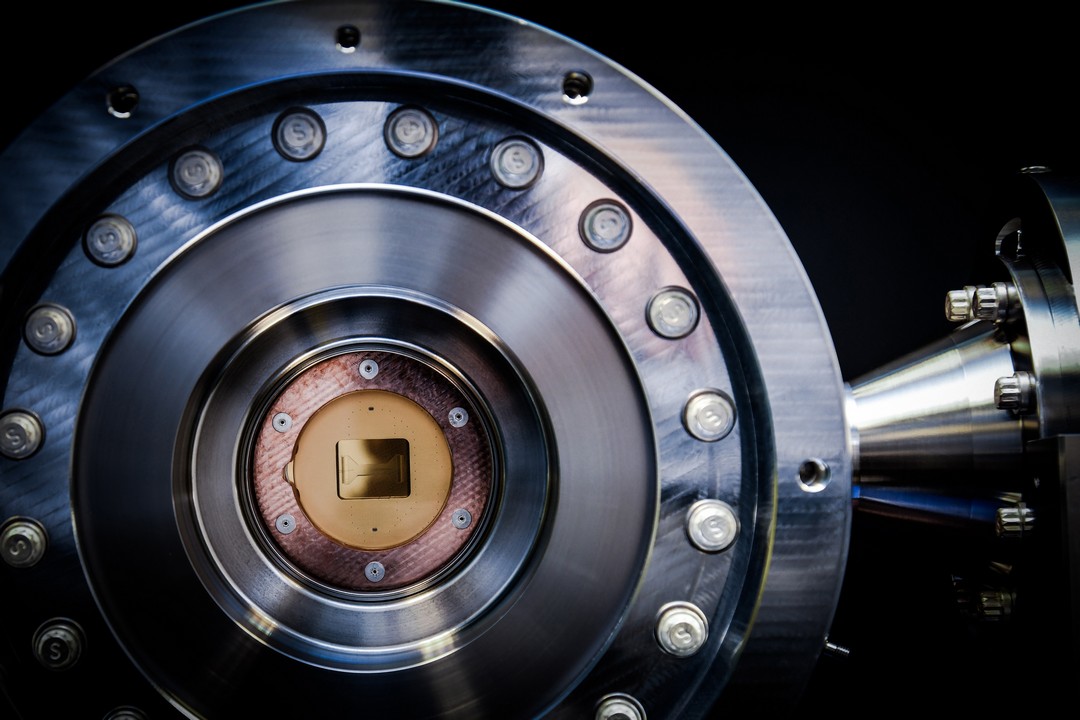
Singapore computational biologists will be among the first in Asia to access powerful quantum computers, enabling them to work more quickly on new drugs to treat illnesses.
They will be able to access the high performance via the cloud when the first quantum computers for their use come online next year. On-premise access will be available later as well.
his breakthrough is possible with the inking of a memorandum of understanding on July 24 between Quantinuum and Singapore’s National Quantum Office (NQO), Agency for Science, Technology and Research (A*STAR), National University of Singapore (NUS) and National Supercomputing Centre (NSCC).
The quantum computing company will also set up a research and development facility in Singapore which will foster a vibrant exchange of knowledge between local and international experts.
It aims to accelerate the development of cutting-edge quantum applications and algorithms. However, Quantinuum did not say when the R&D centre will be set up.
Singapore’s research agencies are expected to collaborate on developing hybrid computing solutions that include both classical and quantum computing infrastructures, leading to the creation of long-term strategic roadmaps.
The MoU also enables collaborations in training and outreach through seminars, workshops and bespoke programmes to nurture quantum talent and contribute towards Singapore’s growing quantum community.
Associate Professor Enrico Petretto, director of the Centre for Computational Biology at Duke-NUS, said the access to advanced quantum computers is critical for research.
“Right now, many promising biological discoveries stall when it comes to finding the right drug candidate that is not only effective at treating the disease but is also well-tolerated by patients,” he added.
“The process of finding the right molecule is slow and often limited in how many variables can be accounted for in a single model,” he noted.
“Augmenting our existing capabilities with quantum computing could resolve these limitations, leading to better drugs for patients faster,” he explained, in a media statement.
He added that the partnership will also benefit computational biologists-in-training seeking to deepen their understanding of how to incorporate quantum computing into their drug discovery work.
Dr Su Yi, executive director for A*STAR’s Institute of High Performance Computing, agrees. The collaboration, he said, “is a step forward in improving applications such as drug discovery, potentially accelerating the development of new and effective drugs to improve healthcare outcomes and lower research costs”.
The tie-up with Quantinuum offers a chance to learn, plan and develop future hybrid computing infrastructure, said Terence Hung, chief executive of the National Supercomputing Centre Singapore.
Scientists and researchers in Singapore will be able to access the powerful Quantinuum H-Series and Helios systems.
Quantinuum, a leader in quantum computers and software solutions, has dual headquarters in Cambridge, England and Colorado, United States. It uses trapped ions technology, unlike IBM and Google which use superconducting material for their quantum computers.
Quantinuum H-Series has achieved the quantum volume 1,048,576 benchmark which means that the hardware possesses the largest number of high-quality qubits allowing for the processing of more complex quantum computations more accurately.
Experts state this benchmark signifies that Quantinuum hardware is significantly closer to practical applications and are capable of tackling more complex problems than its predecessors.
Quantum volume is a metric was set up by IBM, also a leader in quantum computing.






